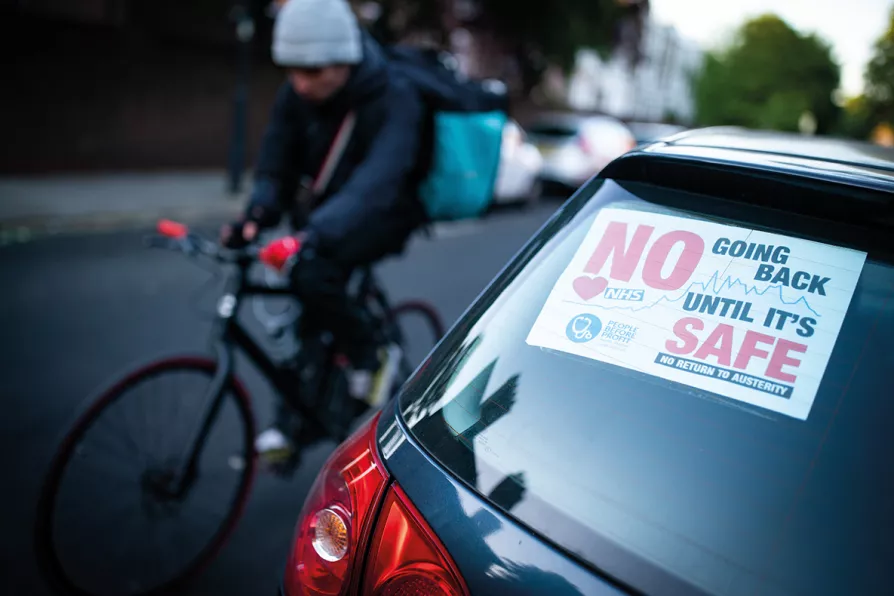As the RMT Health and Safety Conference takes place, the union is calling for urgent action on crisis of work-related stress, understaffing and the growing threat of workplace assaults. RMT leader EDDIE DEMPSEY explains


FOR the last three months, more people have been going to work as normal than working from home.
The Office for National Statistics have been trying to get a handle on what is actually happening due to coronavirus with their Opinions and Lifestyle survey: it is only a sample survey, based on 2,000 or so people, but it is fairly robust and until some stronger figures come along, the best source.
The survey shows that, as of August 9, 23 per cent of people with jobs are fully working from home: that is a massive change. But it is still a minority, because at the same time 48 per cent of people travelled to work normally. And 7 per cent of those in jobs both travelled to their regular workplace and worked from home.

Labour will find increases in the state pension age are unacceptable, just as cuts to the Winter Fuel Allowance, personal independence payments and universal credit are — it needs to change direction immediately, writes PCS general secretary FRAN HEATHCOTE

A just transition to Great British Railways and a clean and safe railway for all is not only desirable but also necessary. MARYAM ESLAMDOUST explains

On the eve of the 157th Trades Union Congress, MICK WHELAN, general secretary of Aslef, the train drivers’ union, celebrates victory in his campaign to get dignity for drivers at work












